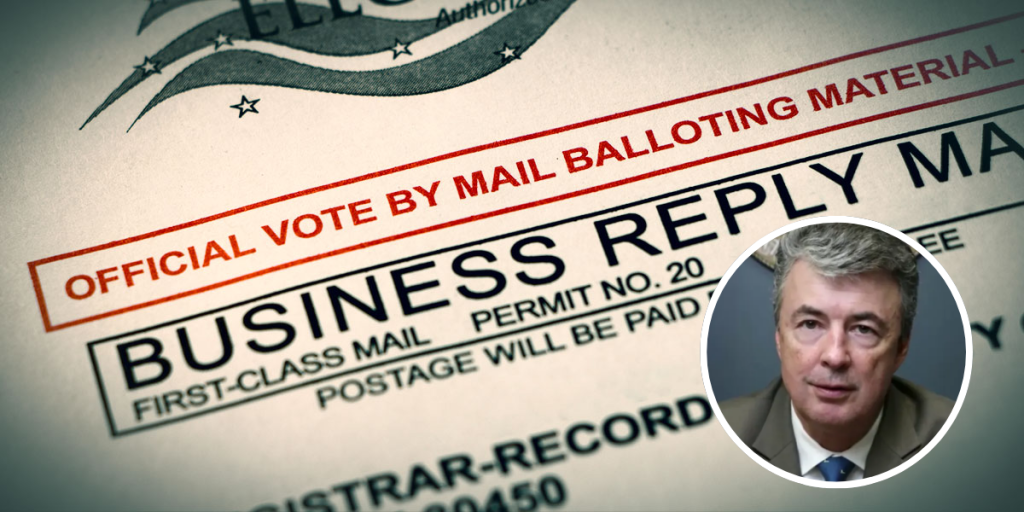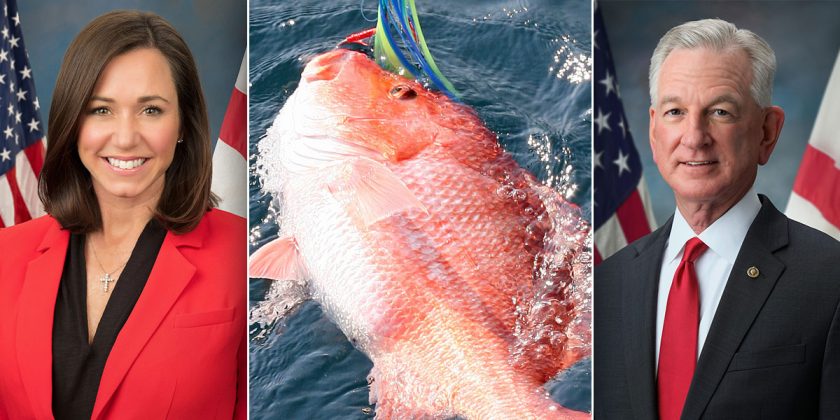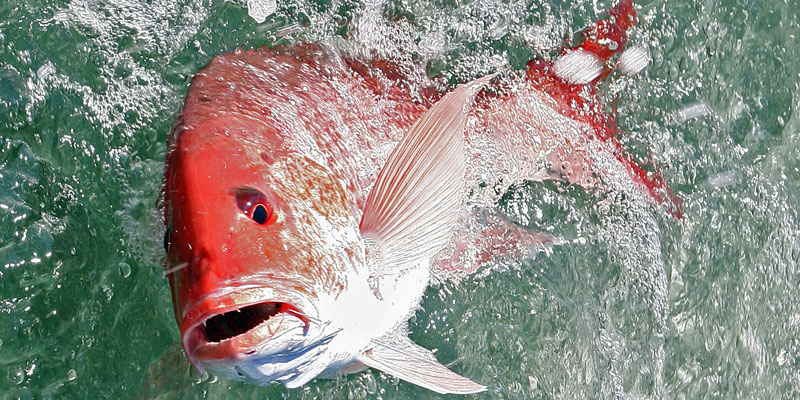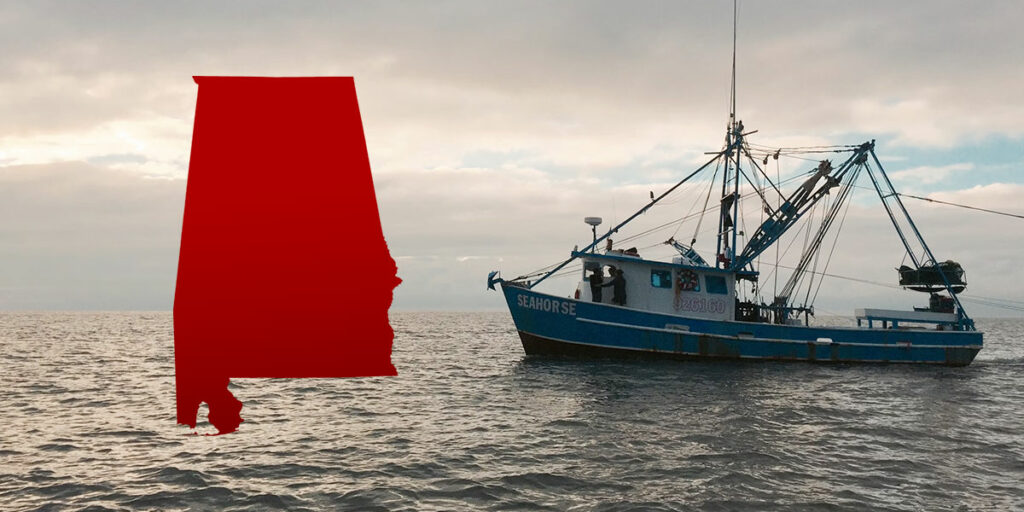
MOBILE, Ala. — Congressman Bradley Byrne warned his constituents on Alabama’s Gulf Coast Wednesday not to be mislead by the National Oceanic and Atmospheric Administration’s new, larger red snapper quota.
“While NOAA has proposed an increase in the Red Snapper quota,” Byrne said in a press release, “the truth is we are only getting more of the same. Don’t let this supposed increase fool you. In reality, NOAA will use a twenty percent buffer to account for alleged ‘overfishing,’ a method that results in almost no tangible increase.”
“Worst of all, NOAA continues to base their findings on flawed data,” Byrne continued. “Anyone who has been fishing in the Gulf knows the Red Snapper fishery is as healthy as ever. Unfortunately, NOAA continues to not sample for Red Snapper on reefs, which is especially troubling since Red Snapper are reef fish.”
The federal system estimated that 1,000,041 pounds of red snapper were landed in 2014, while the Alabama system estimated that just 418,000 pounds were landed. As a result, the thousands of private recreational fisherman who fish for red snapper off the Alabama Gulf Coast were only allowed to do so for nine days out of the entire year. If the local numbers are more accurate, the red snapper season should have been roughly twice as long as it was.
In December, Byrne skewered a NOAA representative for being unable to provide an accurate count of the the number of red snapper in the Gulf, despite the agency’s vast resources.
“You have $900 million and you can’t give us any better count of the fish stock than what you’ve told us today?” Byrne asked, to which NOAA spokesperson Samuel Rauch responded that they do the best they can.
Public universities like the University of South Alabama, Byrne added, have developed technology that is more accurate than what the federal government uses, and should be given the opportunity to track fishery numbers, instead of a federal bureaucracy.
“It is clear there is a better way to deal with our Red Snapper fishery, and that means giving more power to the Gulf States to do the data collection and stock assessments,” Rep. Byrne said Wednesday. “State level data continues to be more accurate and more scientific than the data being put forward by Washington-based federal bureaucrats. I will continue working with my Gulf Coast colleagues to push for much-needed reforms, including my bill, the Red Snapper Regulatory Reform Act.”
Like this article? Hate it? Follow me and let me know how you feel on Twitter!
— Elizabeth BeShears (@LizEBeesh) January 21, 2015











